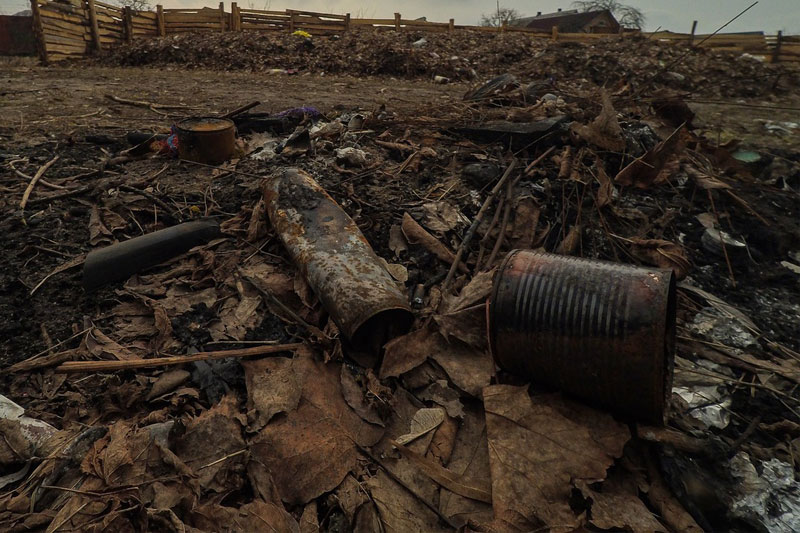We are all familiar with the unsightly “litter” that accumulates in our towns and neighbourhoods, from faded election posters clinging to lampposts to discarded packaging along our roadsides. This pervasive issue isn’t just an eyesore; it poses significant environmental and health hazards, especially with the onset of the rainy season when drains become blocked and refuse contaminates our waterways.
Spent my day clearing my campaign posters with a team of amazing people.I would like to thank each & every single one of them for joining us pic.twitter.com/aPK6hXPQbV
— Boniface Mwangi (@bonifacemwangi) August 12, 2017
The problem of litter and improper waste management is multifaceted. We’ve seen examples like a Kenyan parliamentary aspirant, Boniface Mwangi, commendably organising a team to clear his campaign posters – a rare and welcome sight compared to the usual abandonment of election materials. This brings up questions about ownership of such materials and the enforcement of bylaws, like those recently approved by the Lilongwe City Council, which stipulate that property owners are responsible for litter until collected and warn of stiff penalties for violations. Clarification is needed on whether pasting election materials on undesignated spots constitutes littering and if candidates will be held accountable for removing them post-election. Unfortunately, in countries seemingly in perpetual campaign mode, the removal of party flags and leaders’ faces often seems an abomination rather than a civic duty.

Our individual habits also play a crucial role. Many of us, while perhaps not outright litterbugs, haven’t always been diligent about proper waste disposal. A personal anecdote highlights this: a reprimand for tossing a crisps packet out a car window in the 90s led to the habit of carrying a dedicated bag for rubbish when travelling long distances or simply collecting it on the car floor until reaching home.
Scratch card litter
Beyond individual responsibility, there’s a clear lack of widespread education on the damage caused by careless waste disposal. Initiatives like a project to exchange used scratch cards for tree seedlings – aimed at encouraging proper disposal and environmental awareness – could help in changing people’s mindsets about waste management.
Ultimately, the onus is on all of us. We complain about littered streets, yet often contribute to the mess. A combination of public education, common sense, and proactive initiatives – perhaps even from marketers – could go a long way in fostering a cleaner environment for everyone. It’s time we collectively take responsibility for “cleaning up our litter.”


